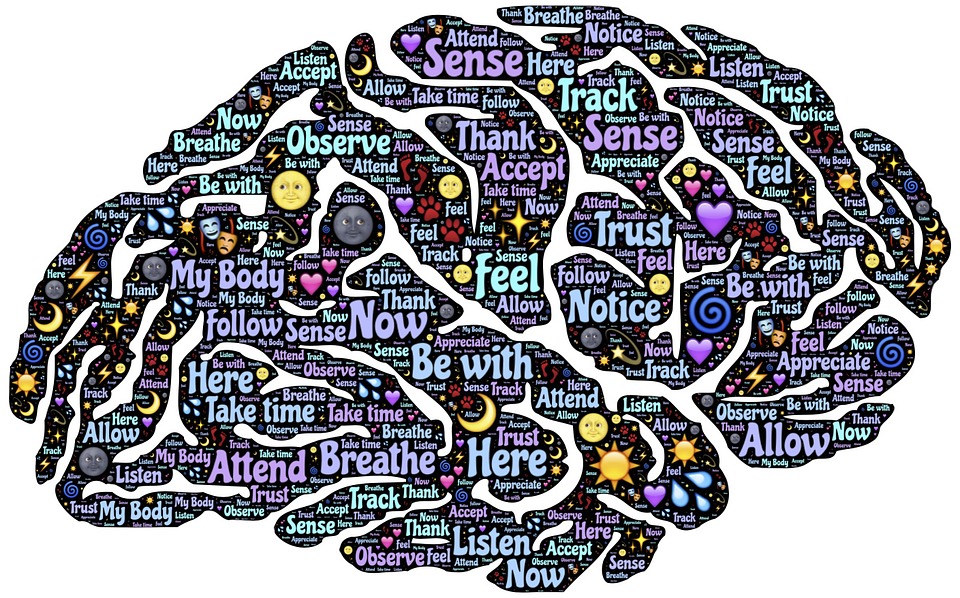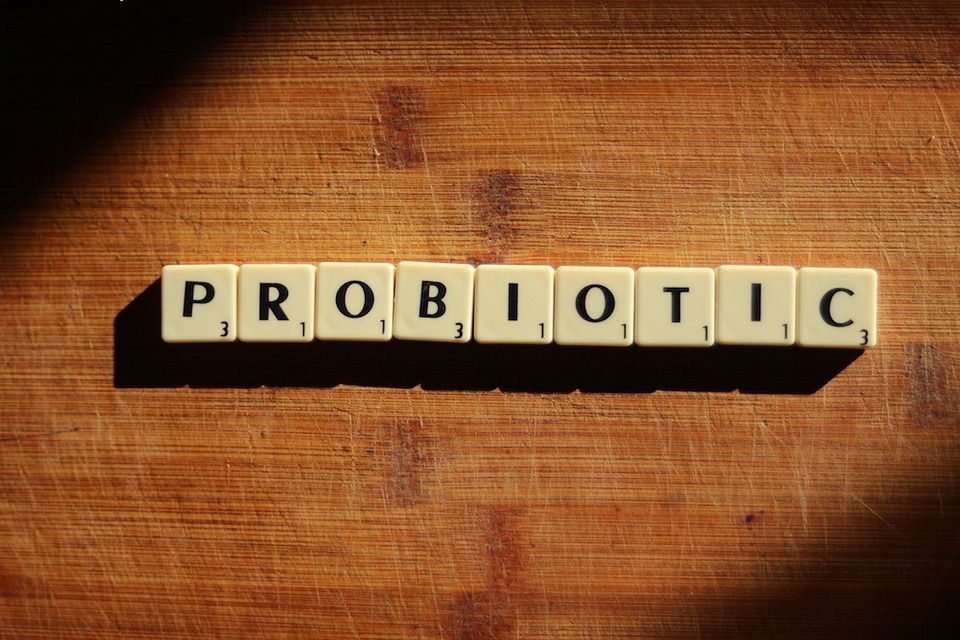It’s no secret that gut health is essential for overall wellbeing, but did you know that the health of your gut can also impact your mental health? Recent research has shown that there is a strong link between probiotics and mood. In this blog post, we’ll take a closer look at the gut-brain connection and what you need to know about the link between probiotics and mood.
The Gut-Brain Connection
The gut-brain connection refers to the communication network between the gut and the brain. This network is made up of the nervous system, immune system, and hormonal system, and it plays a crucial role in regulating mood, cognition, and behavior.
The gut microbiome, which is made up of trillions of bacteria and other microorganisms, is an essential part of the gut-brain connection. The gut microbiome can influence the production of neurotransmitters like serotonin and dopamine, which are essential for regulating mood and emotions.
The Link Between Probiotics and Mood
Probiotics are beneficial bacteria that live in the gut and help support overall health. Recent research has shown that probiotics can have a positive impact on mood and mental health. Here are some of the most notable findings:
1. Reduced Symptoms of Depression and Anxiety
Several studies have found that probiotics can reduce symptoms of depression and anxiety. One study found that participants who took a probiotic supplement for four weeks had significantly lower levels of depression and anxiety compared to the placebo group.
2. Improved Cognitive Function
Probiotics may also improve cognitive function, particularly in older adults. One study found that participants who took a probiotic supplement for 12 weeks had improved memory and cognitive function compared to the placebo group.
3. Reduced Stress Response
Probiotics may also help reduce the body’s stress response. One study found that participants who took a probiotic supplement for four weeks had lower levels of the stress hormone cortisol compared to the placebo group.
4. Improved Sleep Quality
Probiotics may also improve sleep quality. One study found that participants who took a probiotic supplement for eight weeks had improved sleep quality compared to the placebo group.
How Probiotics Impact Mood
The exact mechanisms by which probiotics impact mood are still being studied, but there are several theories. Here are some of the most notable:
1. Production of Neurotransmitters
Probiotics can influence the production of neurotransmitters like serotonin and dopamine, which are essential for regulating mood and emotions. This can help reduce symptoms of depression and anxiety and improve overall mood.
2. Reduced Inflammation
Chronic inflammation has been linked to a range of health issues, including depression and anxiety. Probiotics can help reduce inflammation in the gut, which can have a positive impact on overall health and mood.
3. Improved Gut Barrier Function
The gut barrier is a protective layer that separates the gut from the rest of the body. When the gut barrier is compromised, harmful bacteria and toxins can enter the bloodstream and cause inflammation. Probiotics can help improve gut barrier function, which can reduce inflammation and improve overall health and mood.
Choosing the Right Probiotics for Mood
Choosing the right probiotics is important to ensure that you get the maximum benefits for your mood. Here are some factors to consider when choosing a probiotic:
1. Probiotic Strains
Different probiotic strains have different benefits, so it’s important to choose a probiotic that contains the right strains for your needs. Look for probiotics that contain the Lactobacillus and Bifidobacterium strains, which are the most well-studied probiotic strains for mood.
2. Quality
Choose a probiotic from a reputable brand that has been tested for quality and purity. Look for probiotics that contain live and active cultures, which means that the beneficial bacteria are still alive when you consume it.
3. Dosage
The dosage of probiotics can vary depending on the brand and product. It’s important to follow the dosage instructions on the label to ensure that you are getting the right amount of probiotics for your needs.
Incorporating Probiotics into Your Diet
In addition to taking probiotic supplements, there are many ways to incorporate probiotics into your diet. Here are some ideas:
1. Yogurt
Yogurt is a popular probiotic food that can be enjoyed as a snack or used in recipes.
2. Kefir
Kefir is a fermented milk drink that is rich in probiotics. It can be enjoyed on its own or used in smoothies and other recipes.
3. Sauerkraut
Sauerkraut is a fermented cabbage dish that is rich in probiotics. It can be used as a topping for sandwiches, salads, and more.







